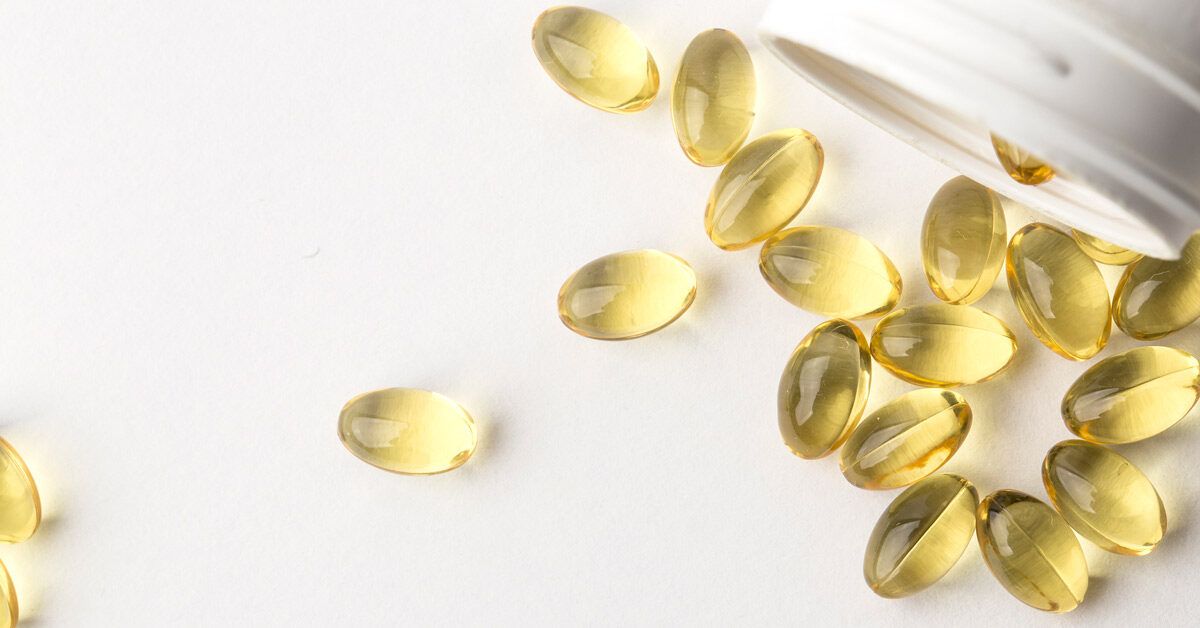More than 40% of all adults in the United States tipped the scales into obesity in 2017 and 2018. And a 2019 study published in the New England Journal of Medicine predicted that by 2030, that number will rise to nearly 50%.
Despite a smorgasbord of trendy diets populating the online world, Americans are facing a weight loss crisis.
A recent study in the United Kingdom found more than 25% of dieters admit to eating at least one unhealthy snack throughout the day. Almost 90% reported indulging in snacks not included in their diet plan, even if they were considered healthy.
Whether it’s low-carb, vegetarian, gluten-free, high-protein, or caveman-inspired, the creators of diet plans have the same goal in mind: help followers improve their health. This could mean weight loss, improved blood sugar control, lower cholesterol, or reduced inflammation. Most restrictive diet plans seek to change the dieter’s body chemistry or metabolism in some way.
Does an occasional unhealthy snack completely ruin the complex body chemistry behind popular restrictive diets? Dietitians and personal trainers are split on “cheat days” when following a restrictive diet plan such as Atkins, gluten-free, or Paleo.
The Rise of Restrictive Diets
Originally, medical professionals created restrictive diets to address health issues, not weight loss. People with diabetes were put on low-carb or low-sugar diets, hypertension sufferers were placed on low-sodium diets, and heart patients were prescribed low-cholesterol diets.
The side effects of these health-based restrictive diets, such as weight loss, blood sugar control, and sugar detoxification, led to the development of diet plans aimed at the general population. These plans expanded on the basic principles of hospital diets, including recipes based on the plan’s food restrictions. Atkins diets emphasize proteins such as fish or beef, while gluten-free diets incorporate alternatives to grain-based foods.
Because these diets include some major dietary changes, dieticians offer one strategy for sticking to these diets, and that’s to do food swaps at home. That means, instead of preparing a meal that isn’t a part of your diet, find a similar meal to swap it out for. For example, a vegetable-based French Ratatouille instead of a meat-based beef stew or a classic minestrone soup instead of a sodium-heavy chili.
Is Unhealthy Snacking a Cheat or a Treat?
Many popular restrictive diet plans allow participants to graze on healthier snacks, such as fruit, veggie sticks, or nuts, throughout the day but not to indulge in calorie-dense junk foods. The timing of snacks is a concern since eating after a specific time of day can affect body chemistry. Conventional dietary wisdom is that an occasional deviation from a restrictive diet plan is not harmful, but habitually snacking on unhealthy foods is counterproductive.
“I advise my clients not to restrict treat foods,” Karen Kelly, a health coach at Seasonal Cravings, said. “They should not be seen as cheat foods since restricting foods we like can cause us to overdo them. We tend to start thinking a lot about foods we say we cannot have. Instead, I suggest saving them for a special occasion and planning ahead.”
Can Unhealthy Snacking Ruin a Diet Plan Entirely?
There are two schools of thought regarding deviating from a restrictive diet plan. If the diet is based on a known health condition, such as diabetes, heart disease, or food allergies, indulging in the wrong snacks can affect the entire diet. A chocolate bar can raise a diabetic’s blood sugar to a dangerous level, leading to diabetic shock. Snacks high in sodium can affect a heart patient’s blood pressure. Products containing gluten can trigger inflammation for dieters with gluten allergies.
On the other hand, restrictive diets designed for weight loss or improved blood chemistry are not adversely affected by the occasional cheat or treat. Some participants indulge in a snack as a mental health break while transitioning into a restrictive diet. Others build a cheat day into their schedule as a reward for otherwise good behavior. Eating a high-carb meal such as a bowl of breakfast cereal on a low-carb diet plan would not be enough to reverse changes in body chemistry.
Alexandra Caspero, Registered Dietitian at Delish Knowledge, advises, “With a low-carb diet, a cheat day would be the same as any other diet ‘break.’ I’m typically not a fan of cheat days as I’ve seen it really backfire for many clients– a single day of overeating calories can derail well-intentioned efforts made earlier in the week.”
Caspero continues, “Regardless of what type of diet you follow– low carb, low fat, macro, they are only effective if one is in a calorie deficit. So, if someone has reduced their calories by ~300 each day through diet or exercise and then enjoys a cheat day with an excess of 1800 calories, that would negate much of the effort done previously in the week. And, with a cheat day, or ‘binge-day’ mentality as I often see it, an extra 1800 calories through food and drink is not difficult to do.”
Should the Office Birthday Cake Be Off-Limits?
The decision to indulge in an occasional unhealthy snack or restricted food item is generally up to the dieters. There is a risk a controlled craving, such as sugar or salt, could return if snacking becomes too common. Many restrictive diets are detoxifying by design, so turning down a piece of birthday cake or avoiding a communal candy jar is an excellent habit to form. However, little scientific evidence suggests that an occasional break from a restrictive diet will cause long-term harm.
The benefits of a restrictive diet should outweigh the appeal of unhealthy snacks such as cookies, potato chips, or pies, but resisting these readily available junk foods requires a significant amount of willpower and self-discipline. Indulging in healthier snacks throughout the day or limiting the number and scope of cheat days often helps dieters adjust to their new lifestyle choices.


